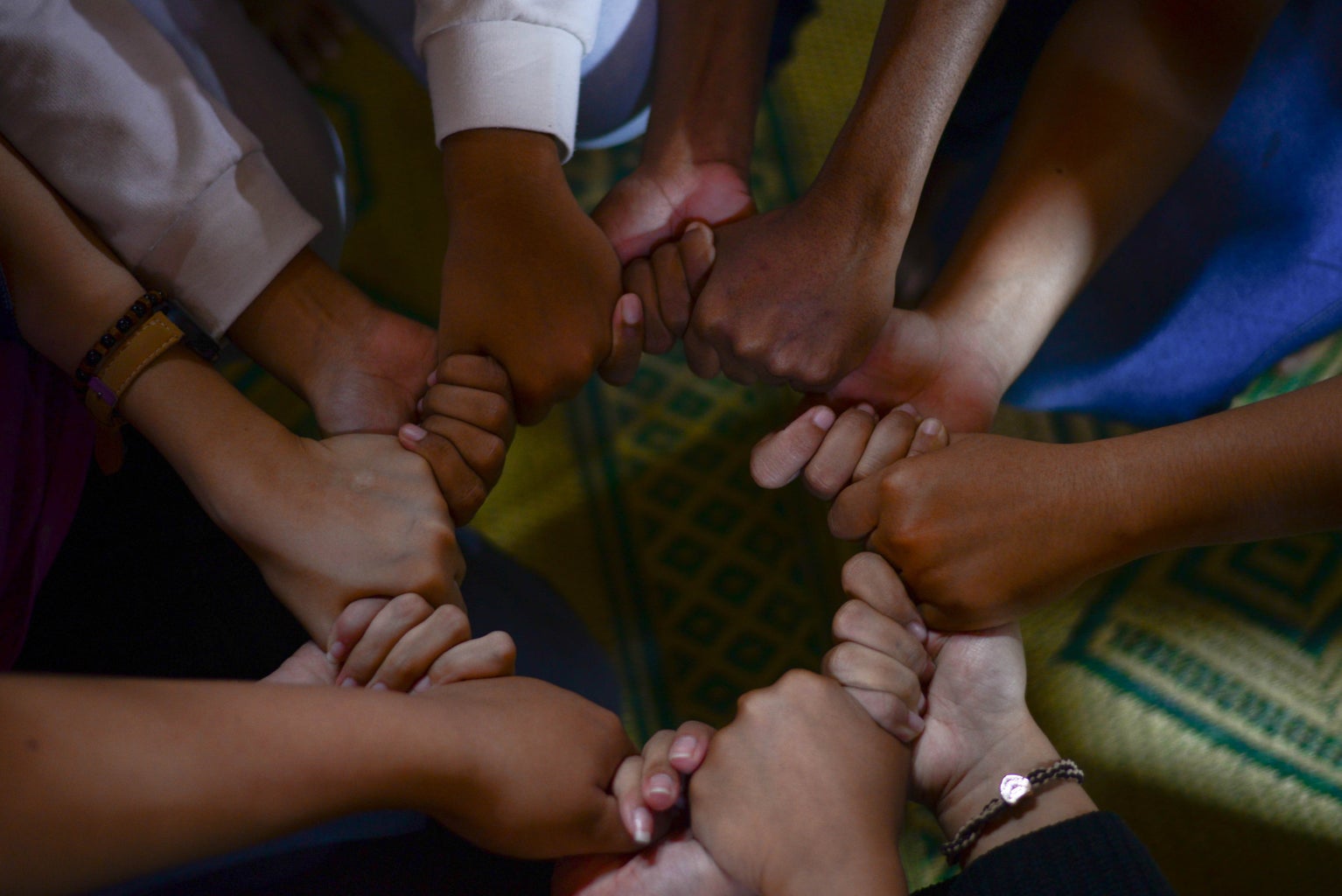Different learning styles and ways of teaching have now become common knowledge for most, but have you ever noticed that sometimes what you say is harder for a person to comprehend or connect with? Or maybe you’ve noticed that there’s just no convincing someone to share your feelings towards something? Opposing views and language or generational/age barriers aside, this could be because not all of us think alike! Here are the 7 Most Common Types of Thinking for you to better understand yourself and others around you!
Creative Thinking
This person likes to think outside the box… they come up with new ideas pretty easily and will usually be the first to provide innovative ideas to complete a task or find a solution to a problem. These thinkers are the stereotypical right-brain dominant type who are likely also more gifted in areas like the arts or other creative ventures. It’s an inventive thought process which results in surprising conclusions and new ways of doing things.
Analytical Thinking
The opposite of creative thinkers would be analytical thinkers. These kinds of thinkers are more left-brain dominant. Are you able to take a complex issue and separate it into smaller parts in order to effectively problem-solve? Then you’re an analytical thinker! As well, analytical thinkers have the ability to tackle complicated issues by evaluating information/research that they themselves have organized or gathered (think qualitative versus quantitative methods where analytical thinkers would lean more towards objectivity than creative thinkers who would gravitate more towards subjectivity).
Critical Thinking
Given the definition below, this type of thinker uses careful judgment and evaluation to best decide on a correct answer to a problem or day-to-day choice they are facing.
“Critical thinking is the intellectually disciplined process of actively and skillfully conceptualizing, applying, analyzing, synthesizing, and/or evaluating information gathered from, or generated by, observation, experience, reflection, reasoning, or communication, as a guide to belief and action.”
Foundation of Critical Thinking
Concrete Thinking
If you’re one to think more to the point and realistically, then you’re likely a concrete thinker. You tend to focus more on what’s right in front of you instead of planning out what could be or what was. So, if you’re more one to rely on your five senses when making decisions, you’re most likely a concrete thinker yourself!
Abstract Thinking
Abstract thinkers find possible meanings behind the things they’re given and might even find links between other items, experiences or events to what they have in front of them. In this way, they think through their choices by asking questions beginning with “why” instead of “how”. For example, “why is this broken” as opposed to “how can we fix this?”
Divergent Thinking
Like in the Divergent franchise, divergent thinkers are able to adapt to different ways of thinking and will think in ways that fit the scenario at hand. So, these thinkers are more likely than others to look at a problem, think of all possible ways to solve the issue and decide on what solution would work best. Unlike the movies, however, if you’re a divergent thinker you’ll likely be seen as an asset and not a threat to any adventure or opportunity you take on!
Convergent Thinking
Lastly, convergent thinkers. These are people who focus on one outcome and solution and call it the right or only way. They problem-solve by finding one solid solution and acting immediately.
Now that we’ve covered the 7 main types of thinkers, hopefully you’ve been able to identify which one resonates more with how you think. If not, try pondering over these three questions to start learning about that part of yourself.
- What are some things that give you motivation to take action in your life?
- What do you think is the best way to manage those around you (including strangers)?
- How would you enhance your life to make it less challenging or less boring?
Based on your answers to those three questions or on what you read about the different ways we think, we hope you’ve learned more about yourself and others.









